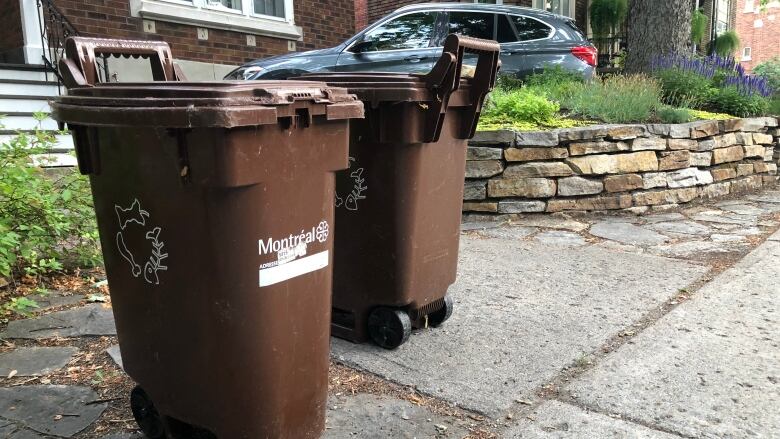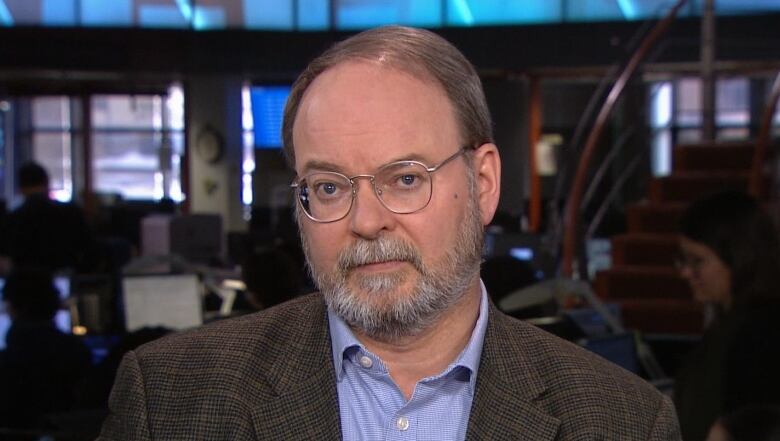All Quebecers will have compost bins by 2025, provincial government says
Legault government says it wants to invest $1.2B over the next 10 years

The Quebecgovernment wants to bring compost collection toall Quebec municipalities within the next five years, Quebec Environment Minister Benoit Charetteannounced Friday.
"We're quite late in our goals, we want to achieve different, new goals in less than five years," Charette told reporters.
Charette saidQuebec will inject $1.2 billion over the next 10 years to help municipalities establish compost collection and processing plants. Only about half the municipalities in Quebec currently have curbside compost pickup.
The province also wants all industries, businesses and other institutions to start composting by 2025.
This measure is part of the Quebec government's efforts to reduce greenhouse gas emissions.
When organic waste decomposes in landfills, methane, a potent greenhouse gas, is produced. The environmental impact of those emissions is equivalent to about 77,000cars on the road, Charette said.
By 2030, Charette saidhe is aiming to reduce 270,000 tonnes of carbon dioxide-equivalent greenhouse gases per year.
He is also aiming to have 70 per cent of all organic material recycled or turned into compost by then.
Quebec generates significant quantities of organic waste, which makes up 60 per centof the 5.8 million tonnes of residual materials eliminated each year.

Karel Mnard,executive director of the Quebec Coalition of Ecological Waste Management says gettingcompost collection everywhere in Quebecwill be a difficult, but important, task.
"It takes a long time to change the mentality, and it costs a lot of money as well," he said on CBC Montreal's Daybreak.
Mnard, who advised the Quebec government on their composting plan, said it is costly to build processing plants and organize collection.
Another challenge is changing how people behave, he said.
"You have to change habits, you have to educate people, to teach them how to do composting, to do collection, that takes time."
But he says it's a necessary step due to the sheer amount of food waste that Quebecers create.
Suzanne Roy, the president of the Union of Quebec Municipalities, said while there are difficulties in getting people to change their habits, it is worth the effort.
Putting recyclable materials in the blue bin has become a reflex for Quebecersand they will get used to having the organic compost bin as well, she said.
"We have an obligation to meet these goals," she said.
Composting not a 'magical solution'
Louise Hnault-Ethier, chief of science projects at the David Suzuki Foundation, said thoughthis decision is great news, composting is "not a magical solution."
She said Quebecers areone of the greatest waste generators in the worldper capita.
"We need to also educate the public that an imperfect apple or a yogurt that hasn't been open, that was best before tomorrow, is really fine to eat. Source reduction will always be the first thing we need to prioritize," she said.
While humans are bound to produce some organic waste, she said, Quebecers should be encouraged to buy less food, and make the most out of what you do purchase, such aseating the peels offruits and vegetables.
With files from Radio-Canada and CBC Montreal's Daybreak












_(720p).jpg)


 OFFICIAL HD MUSIC VIDEO.jpg)
.jpg)



























































































